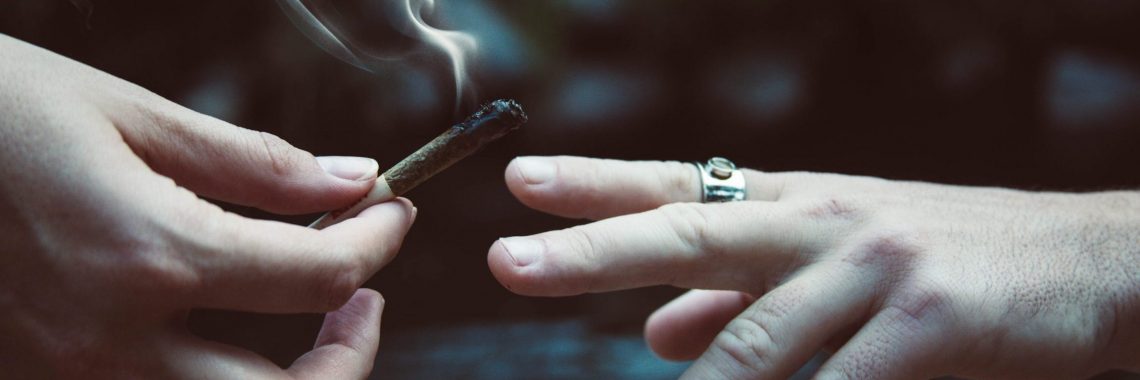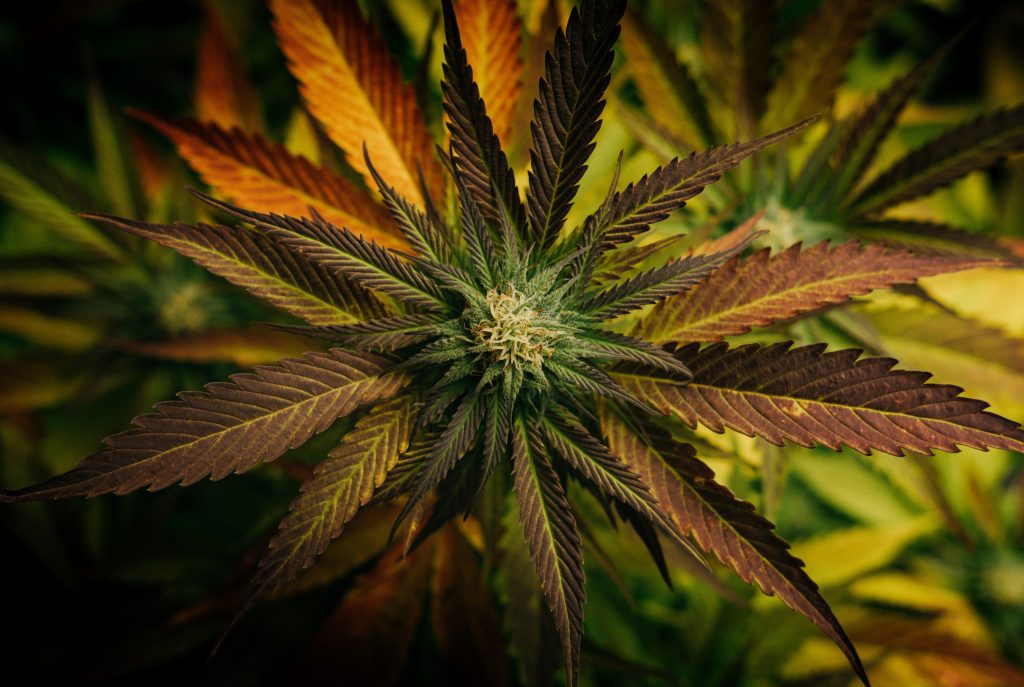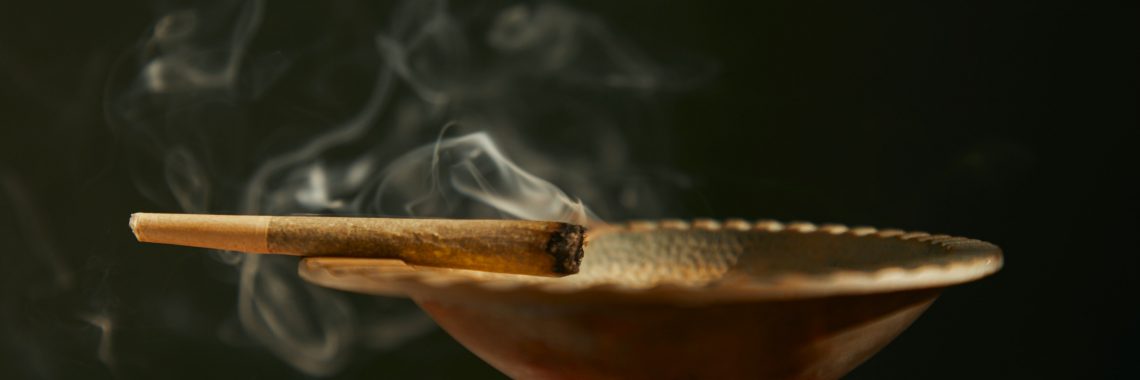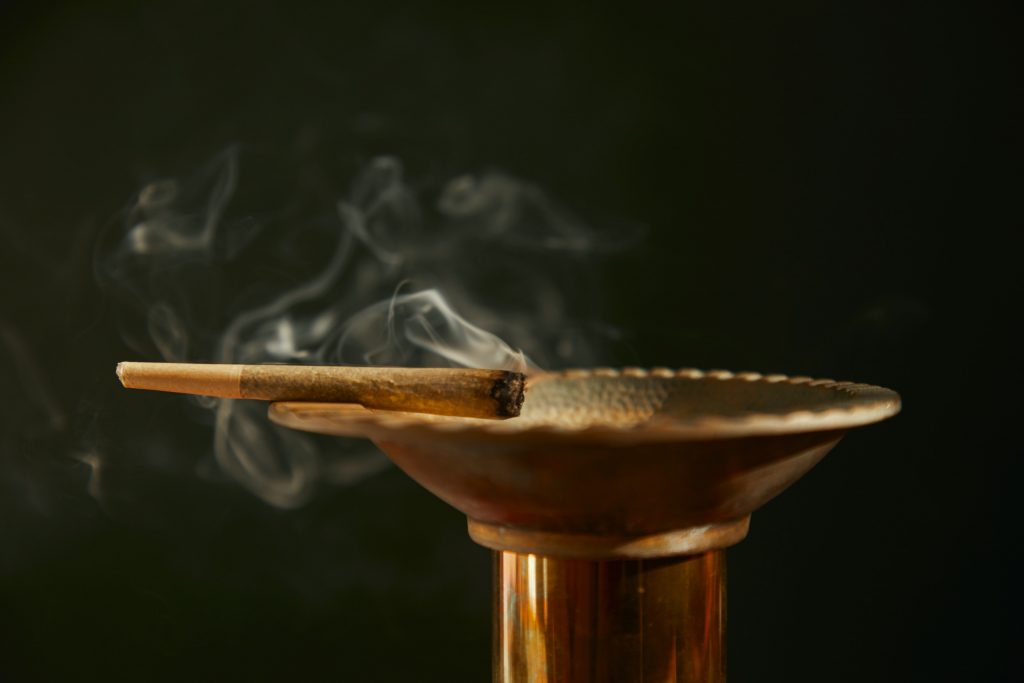Science Continues to Link Marijuana Use With Health Problems
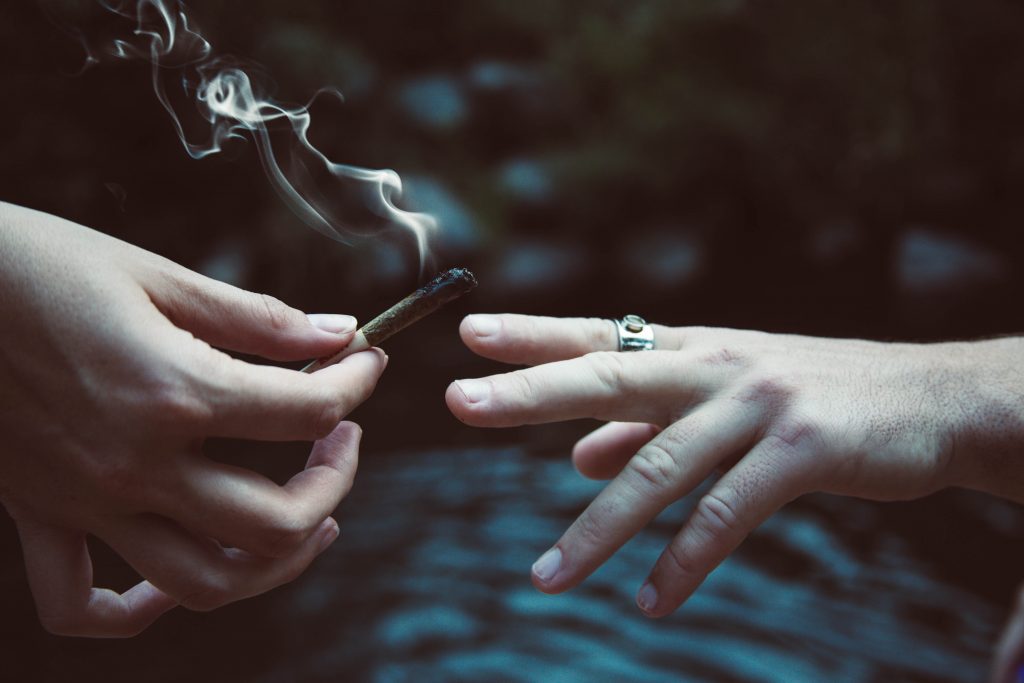
Scientific research continues to link marijuana use with health problems.
A new study presented at the American College of Cardiology’s Annual Scientific Session found people who used marijuana daily were 34% more likely to develop coronary artery disease compared with people who have never used marijuana.
Researchers arrived at these conclusions based on a review of health and lifestyle information from a group of approximately 175,000 people.
A separate study by the Roswell Park Comprehensive Cancer Center recently found that vaping CBD — a substance found in marijuana — can cause more severe lung damage than vaping nicotine.
These studies further underscore how marijuana legalization and marijuana use can harm public health.
A study published in the Canadian Medical Association Journal found adults under age 45 who frequently use marijuana are roughly twice as likely to suffer from a heart attack as adults who do not use marijuana.
A study published last year in the journal of the Radiological Society of North America found marijuana smoke may be more harmful to lungs than cigarette smoke, after researchers examined some 150 lung scans from marijuana smokers, tobacco-only smokers, and nonsmokers.
A 2019 study found that regular marijuana use increased the risk of heart problems for young people, and a 2017 study reported marijuana smokers were three times more likely to die of hypertension.
A 2022 study published in The Lancet determined that using marijuana with high levels of THC was linked to an increased risk of psychosis.
A 2021 report published in the Journal of the American Medical Association found self-harm rates rose 46% among men ages 21 to 39 in states where commercial marijuana sales were legalized.
A 2019 study published in The Lancet found using marijuana with THC levels exceeding 10% increased the odds of a person suffering a psychotic episode.
The list goes on and on and on.
All of this underscores what we have said for years: Marijuana may be many things, but “harmless” simply is not one of them.

